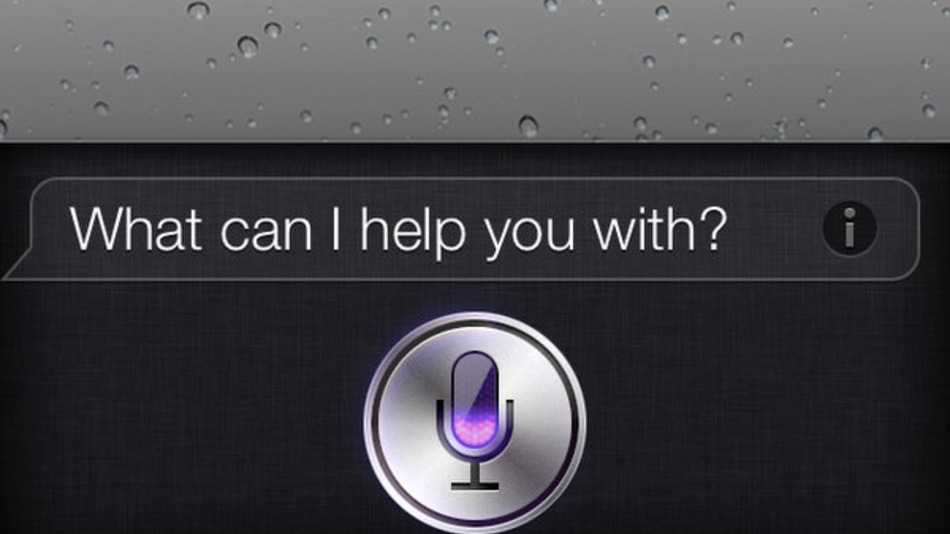Technology companies are divided on the personalities that digital assistants should have. Should they be sassy? Or should they be as direct and straight forward as possible?
When Apple’s digital assistant Siri is asked what she likes to drink she responds with: “I have a third for knowledge.” Meanwhile Microsoft Cortana says she’d like a very, very dry martini.
The digital assistant “M” that Facebook is testing responds with is more direct and to the point: “I don’t have an opinion about that. What’s your favorite drink?”
Digital assistants have become a focal point of research at tech firms, with companies such as Microsoft and Apple working on improving their AI to gain a competitive edge.

But there is currently a divide. How should digital assistants really behave?
Siri and Cortana both come up with witty jokes and stories that are designed to keep users coming back. Whereas Google and Facebook opted for a different approach, with the AI lacking personality.
Some argue that AI such as Siri and Cortana risks alienating users or misleading users about the true purpose of the software – to be an assistant.
In an interview with Reuters, Alex Lebrun, a Facebook executive who oversees the AI team for M, said: “We wanted M to be really open and able to do anything, a really white piece of paper, and see how people use it,”
For example, Google’s digital assistant uses the Google search engine instead of Yahoo or Microsoft’s Bing.
“That trusted assistant could function as my agent for all kinds of transactions and activities,” McIlwain said.
According to research conducted by Clifford Nass, users are interested in AI that seems human, however, they often end up feeling disappointed when the AI is not as impressive as expected.
In addition, what one person may find funny may annoy someone else.
However, Gary Morgenthaler, an investor in Siri, the firm that created Apple’s assistant, said that personality was essential.
“If you are emulating a human being,” he said, “then you are halfway into a human type of interaction.”
Evidently there is no consensus on just how a digital assistant should act. On a functional level it’s clear, but less so when it comes to the “personality” of the AI.
Just what do companies have to gain from digital assistants?
Matt McIlwain, managing director of Madrona Venture Group, said that the stakes are high for tech companies given that digital assistants can direct users to a company’s own products and sway consumers away from the competition.
In addition, as digital assistants forge connections with users they could be used to gather data about interests, spending habits and other information that would be incredibly valuable for digital advertising.

